Of course, no two 6-year-olds are alike, whether in terms of knowledge, motivation, or gaming culture, but there are still some general considerations when choosing games for children of this age.
I believe that short rules and short playtimes can work well. The advantage of games that are quick to understand is that not much time passes between sitting down at the table and starting to play. The short playtime is beneficial because if the game doesn't work out, we haven't invested much time; if they lose but liked it, we can quickly play again where they might win; and if they love it, they can frequently experience the joy it brings.
For younger children, the game components are as important as they are for a seasoned collector with a serious gaming passion. It should fit into the child's everyday world, be truly toy-like, of good quality, and preferably with large, cute game elements.
As parents or educators choosing a game, we immediately think of developmental opportunities, but this should be secondary or cleverly integrated into the game, as our primary goal is to make them want to play, and the rest will follow naturally.
Three essential skills that board games can enhance in 6-year-olds include:
Fine motor skills
Throwing the dice and grabbing the pieces are part of this, but so is arranging all sorts of components. Fine motor skills and eye-hand coordination can develop unnoticeably and enjoyably. Just skillfully!
Group interaction
We don't even need a cooperative board game for this, because simply sitting down together for a game, following its rules, paying attention to each other, and taking turns ensures that our cooperative skills will develop.
Basic math skills
One of the most common features of board games is that the gameplay relies on quantities and numbers, thus concepts of numbers and counting can be easily developed, strengthening mathematical foundations.
No spam, ever. Unsubscribe anytime.
PlayWise Store
Print and play board games, downloadable coloring pages, educational materials

Now onto specific games for 6-year-olds
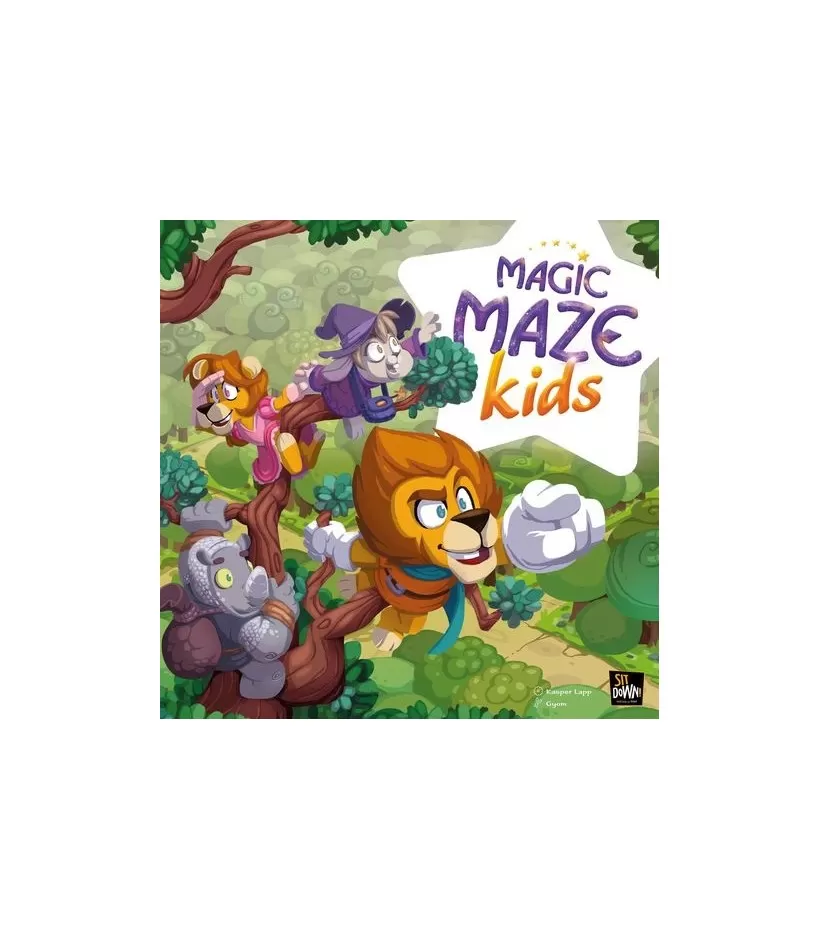
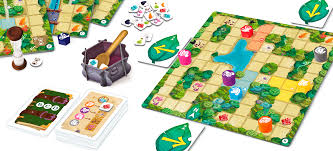
Magic Maze Kids
Ein fesselndes Kooperationsspiel, das vom berühmten Magic Maze adaptiert wurde – speziell für Kinder entwickelt.
Tools
1 modularer Spielplan, 4 Heldenfiguren, 4 Aktionsplättchen pro Spieler, 1 Sanduhr, 1 Anleitung und verschiedene Plättchen für Aufgaben und Herausforderungen.
Skills Developed
Das Spiel fördert Kooperation, Problemlösung, räumliches Bewusstsein und Kommunikation, da die Spieler still zusammenarbeiten müssen, um ihre Helden durch das Labyrinth zu führen.
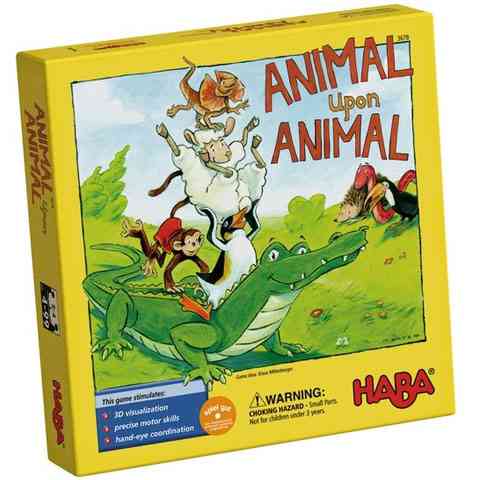
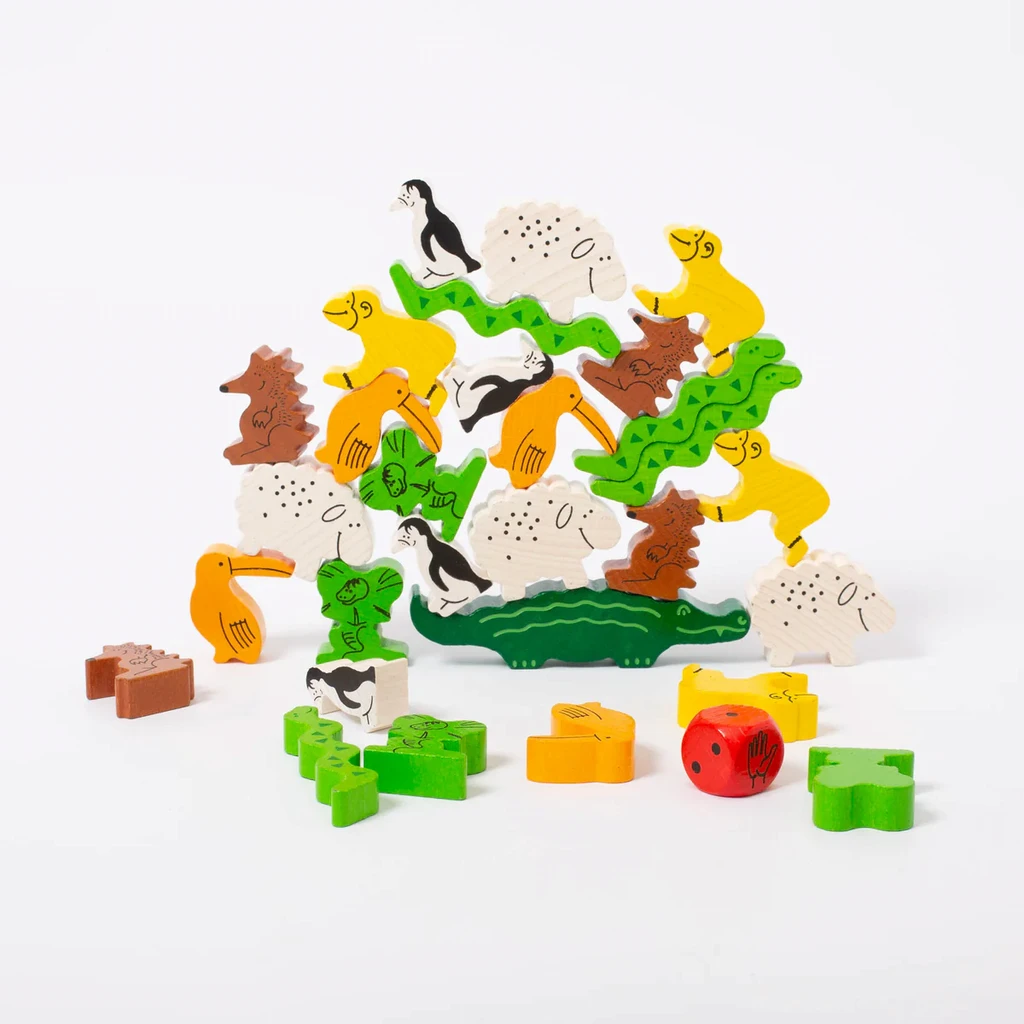
Animal Upon Animal
A delightful balancing game that calls for players to balance different wooden animals on top of one another.
Tools
29 wooden animal figures, 1 wooden die, and a rulebook.
Skills Developed
The game enhances fine motor skills, hand-eye coordination, patience, and strategic thinking, as players carefully stack animals without toppling the tower.


Bugs in the Kitchen
A dynamic board game featuring a small, vibrating hexbug that players must guide into their traps by creatively turning cutleries set up in a maze.
Tools
1 HEXBUG Nano robotic bug, 1 game board with rotating utensils, 24 utensil pieces, 18 bug tokens, 1 die, and a rulebook.
Skills Developed
Problem-solving, strategic thinking, hand-eye coordination, and quick decision-making

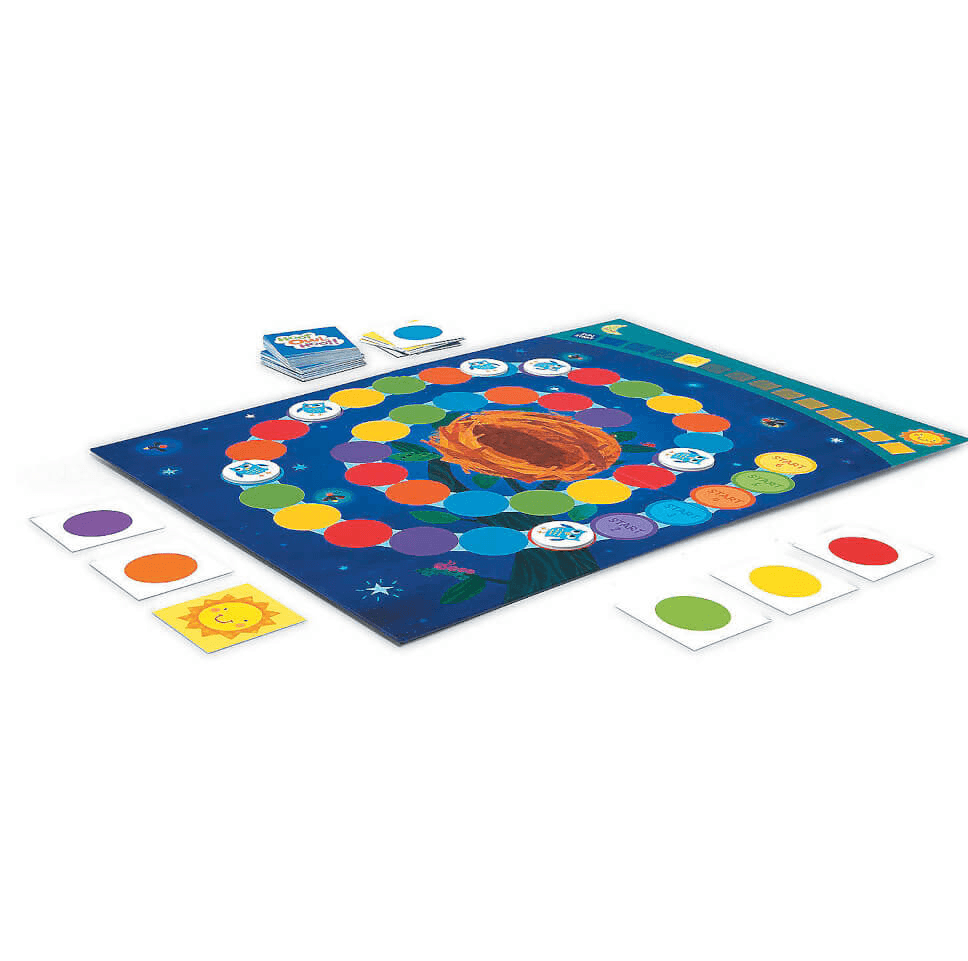
Hoot Owl Hoot
Ein kooperatives Farb-Brettspiel, bei dem die Spieler zusammenarbeiten, um den Eulen zu helfen, vor Sonnenaufgang zurück ins Nest zu fliegen.
Tools
1 Spielplan, 6 Eulenfiguren, 50 farbcodierte Karten und ein Regelheft.
Skills Developed
Kooperation, Farberkennung, strategisches Denken und Abwechslungsfähigkeit
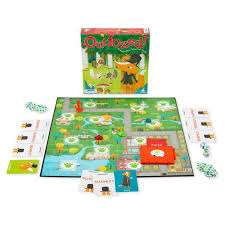

Outfoxed!
Ein kooperatives Deduktions-Brettspiel, bei dem die Spieler gemeinsam herausfinden, welcher Fuchs Mrs. Plumperts preisgekrönten Kuchen gestohlen hat.
Tools
1 Spielplan, 16 Verdächtigenkarten, 16 Diebkarten, 12 Hinweismarker, 4 Detektivfiguren, 1 Beweis-Scanner, 3 Spezialwürfel und ein Regelheft.
Skills Developed
Logisches Denken, Deduktion, Teamarbeit und Problemlösungsfähigkeiten


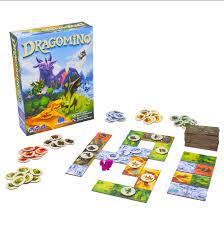
Dragomino
Eine bezaubernde, kinderfreundliche Adaption des beliebten Spiels Kingdomino.
Tools
28 Domino-Landschaftsplättchen, 69 Drachenei-Plättchen, 4 Startplättchen, 4 Entdeckerfiguren und ein Regelheft.
Skills Developed
Mustererkennung, räumliches Denken, Entscheidungsfindung und grundlegendes strategisches Denken

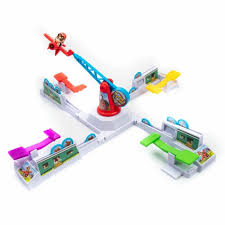
Loopin' Louie
A fast-paced and energetic board game that requires players to protect their chicken chips from Louie's swooping and loop-de-looping airplane.
Tools
1 motorized airplane unit with Louie figure, 1 rotating arm, 4 player paddles, 12 chicken tokens, and a rulebook.
Skills Developed
Hand-eye coordination, reaction speed, fine motor skills, and timing
Related Reading
No spam, ever. Unsubscribe anytime.
Spread the Fun of Learning!
Love our content? Show your support by sharing our page with your friends and help us inspire more families and educators with the joy of learning through play! Your shares truly make a difference. Thank you for being a wonderful part of our community!

